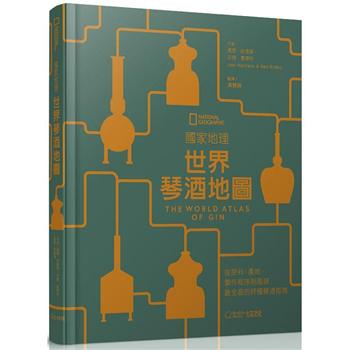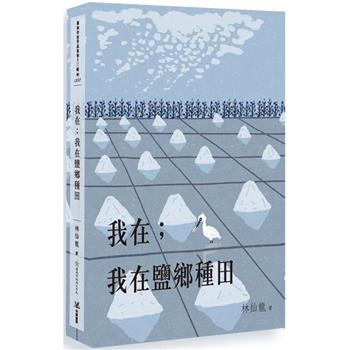Open government data (OGD) has developed rapidly in recent years due to various benefits that can be derived through transparency and public access. However, researchers emphasize a lack of use instead of lack of disclosure as a key problem in OGD’s present development. Previous studies have approached this issue either from the supply-side, focusing on data quantity and quality, or from the demand-side, focusing on factors that affect users’ acceptance of OGD, but seldom consider both sides at the same time. This unique study compares the supply and demand sides of OGD and explores possible directions for the future development of OGD portals based on the discovered mismatches between the two.
The authors improve OGD utilization by balancing the supply-side and demand-side according to citizens’ demands through OGD portals. Based on the concept of an OGD ecosystem, four connected studies are explored. The first study built an evaluation framework for understanding the development of the OGD supply-side. The second study focuses on a survey conducted to analyze the awareness and utilization of OGD portals by citizens, who are the primary users and major beneficiaries of OGD on the demand-side. A third study compares the supply and demand sides based on Diffusion of Innovation theory. A final study tests the proposed usability criteria for building an OGD portal by carrying out a between-subjects experiment including a virtual agent. Each case study examines a unique aspect of OGD in China, and also offers reflections on future directions for developing OGD.
Providing a unique and enhanced theoretical and practical understanding of OGD and its usage, as well as proposing directions for OGD portals’ future development in order to encourage citizens’ OGD utilization, this is a must-read for researchers and policymakers examining the impact and possibilities of OGD.

 看圖書介紹
看圖書介紹









